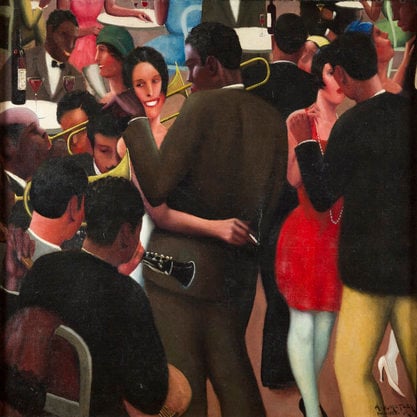Article
Kurtág, György (1926--) By Kinderman, William
Article
Unlike his friend György Ligeti, who emigrated from Hungary in 1956, György Kurtág remained until after the end of the Cold War in Budapest, where he taught at the Academy of Music. At the time of writing, he remains a key figure in musical modernism, whose vocal and instrumental works have received much attention, and whose opera Fin de partie, based on Samuel Beckett’s play, is eagerly awaited.
Kurtág’s style builds on Bartók and Webern and his formidable mastery of the Western musical legacy. Kurtág was born at Lugos in the Bánát region of Romania. He became a Hungarian citizen in 1948, but moved to France in 2001, assuming dual citizenship in 2002. In 1947, he married the pianist Márta Kinsker, who has contributed importantly to his artistic development. During 1957–58, he took part in courses with Messiaen and Milhaud in Paris, overcoming a creative crisis with the support of the Hungarian psychologist Marianne Stein.


